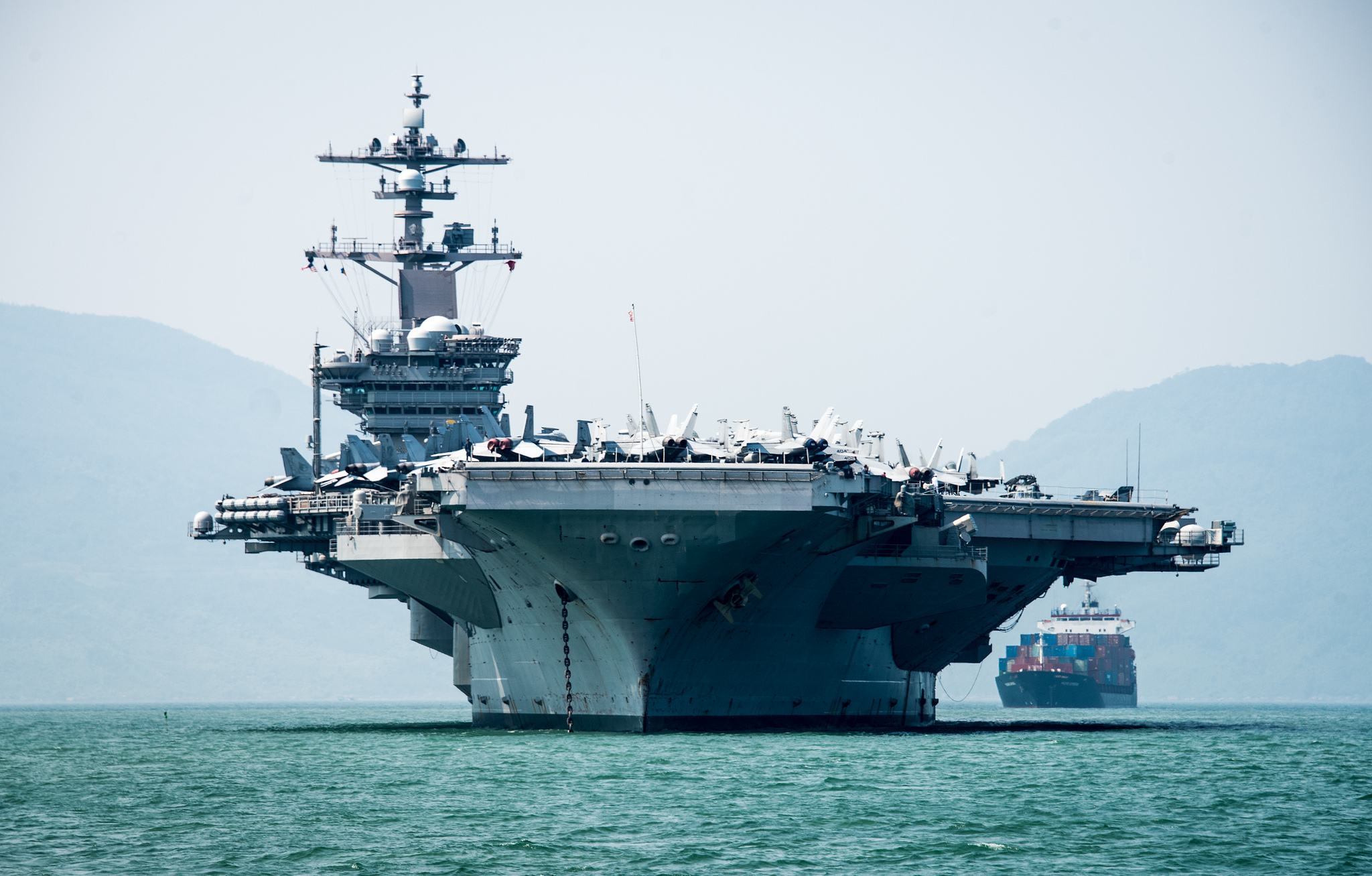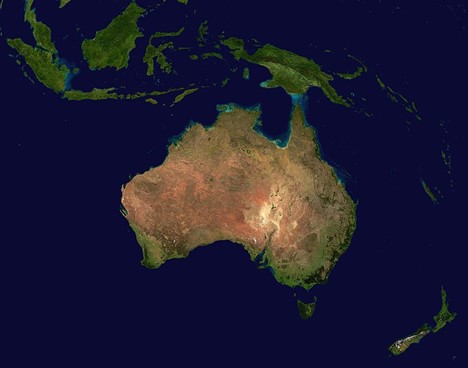By Kathleen Lackey, March 14, 2018
Vietnam welcomed a U.S. Navy aircraft carrier to Danang, signals strengthening of ties with the U.S. amidst increasing economic and security competition in Southeast Asia.
It was not all that long ago that the United States fought a brutal war with Vietnam, with heavy casualties on both sides. Now, the U.S. and Vietnam have growing strategic ties, built upon mutual economic and security interests. Vietnam is one of the world’s fastest-growing economies, with bilateral trade between the U.S. and Vietnam growing to more than $54 billion in 2017.
In a significant development earlier this month, a U.S. Navy aircraft carrier, the USS Carl Vinson, along with two other Navy vessels visited a Vietnamese port for the first time since the end of the Vietnam War in 1975. Although this is the first aircraft carrier and largest U.S. military presence in Vietnam since the war, this is not the first time the U.S. military has been back. In late 2016, two U.S. ships – the submarine USS Frank Cable and destroyer USS John S. McCain – visited Cam Ranh Bay in Vietnam.
U.S. operations in the South China Sea are common, Colonel Robert Manning III said, “they demonstrate our commitment to regional prosperity and stability.” While it may be routine for U.S. carriers to cross the South China Sea, the embrace of the U.S. is a symbolic move by the Vietnamese to counterbalance China. Not only is this visit a sign of the strengthened ties between nations, but it is an effort to stem expansionism by China in the South China Sea (or what the Vietnamese call the East Sea).
China, Vietnam, the Philippines, Taiwan, Malaysia, and Brunei all have conflicting claims over territory in the South China Sea. This centuries-old territorial dispute has steadily increased in recent years with growing development and militarization in the region. Just this week, China announced its biggest military spending increase in more than three years. While Vietnam has been focusing its recent military modernization on select capabilities to designed to deter China. Many fear this could result in a potential flashpoint with serious global consequences.
Despite the maritime territorial dispute, Vietnam has been cautious to not evoke an overreaction by the Chinese, and reasonably so. Vietnam is significantly smaller than its northern neighbor, and many Vietnamese still recall their nation’s tumultuous history with China.
Additionally, Vietnam and China have close economic ties that further complicate the situation. Economic dependence makes matters particularly difficult for Vietnam, as they would suffer far more in the event of political instability given the country’s smaller size and relative power. It is unclear exactly how far Vietnam is willing to go as it seeks to deter China. Vietnam will likely continue to strengthen its strategic global ties with partners like the U.S., while also continuing to modernize its armed forces in hopes of deterring a major conflict.
Kathleen Lackey is a second year Master’s Degree student in the International Security Program at the Schar School of Policy and Government. She is also pursuing a Graduate Certificate in Terrorism and Homeland Security. This semester she participated in a Schar School Study abroad course to Hanoi, Vietnam, in partnership with Vietnam National University, focused on Public Policy and Challenges in Global Security.
Disclaimer
The articles and other content which appear on the Center for Security Policy Studies website and social media posts are unofficial expressions of opinion. The views expressed are those of the authors and do not reflect the positions of the Schar School of Policy and Government or of George Mason University.
The Center for Security Policy Studies does not screen articles to fit a particular editorial agenda, nor endorse or advocate material that is published. The Center for Security Policy Studies merely provides a forum for scholars and professionals to share perspectives and cultivate ideas. Comments on any digital outlet of the Center for Security Policy Studies will be moderated to ensure logical, professional, and courteous application of intellectual content.




